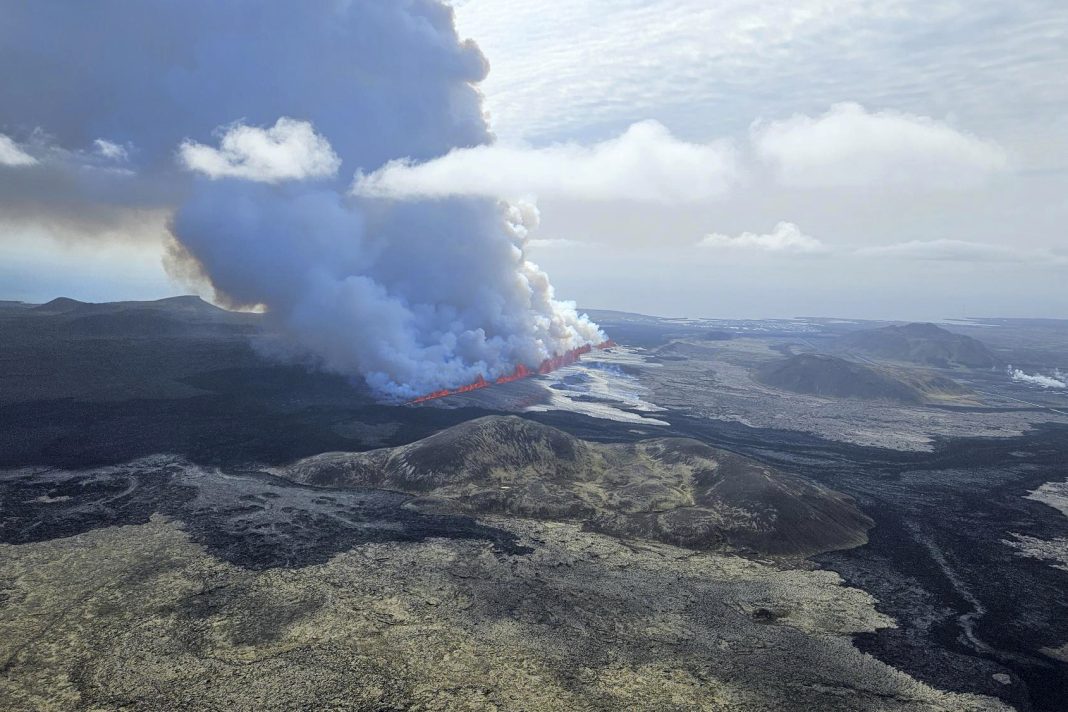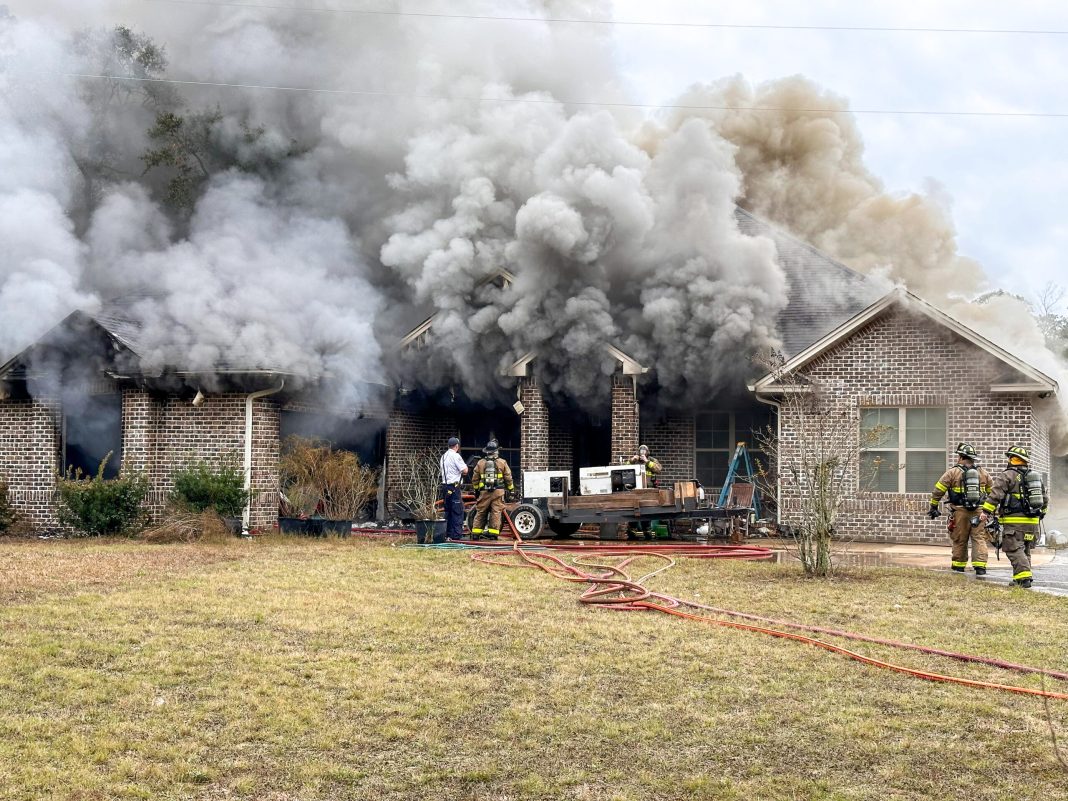Volcano Erupts in Iceland, Forcing Evacuation of Blue Lagoon Spa
On Wednesday, a volcano in southwestern Iceland erupted, showcasing the immense power of nature and resulting in the evacuation of the popular Blue Lagoon geothermal spa. The eruption occurred following a series of earthquakes north of Grindavik, a coastal town with a population of 3,800, which was also evacuated. The eruption sent red streams of lava shooting approximately 50 meters into the sky from a fissure that stretched about 1 kilometer long.
The Blue Lagoon thermal spa, known for its mineral-rich waters and stunning natural surroundings, was emptied before the eruption commenced. The Icelandic Met Office closely monitored the situation and provided updates on the volcanic activity. The eruption represents a significant event for Iceland, a country located above a volcanic hot spot in the North Atlantic. Despite the occasional disruption caused by eruptions, Iceland has developed extensive expertise in dealing with volcanic events.
One of the most notable eruptions in recent history was the 2010 eruption of the Eyjafjallajokull volcano. The massive ash clouds it produced led to widespread airspace closures over Europe, causing significant disruptions to air travel. However, this recent eruption is part of the Svartsengi volcanic system, which has been dormant for nearly 800 years. The reawakening of this system raises questions about its duration and potential implications for the Reykjanes Peninsula, one of Iceland’s most densely populated areas.
The occurrence of volcanic eruptions in Iceland is not uncommon due to its unique geographical location. The country lies on the Mid-Atlantic Ridge, where the Eurasian and North American tectonic plates are diverging. This tectonic activity creates an ideal environment for volcanic activity. As a result, Iceland experiences regular volcanic eruptions, making it one of the world’s most volcanically active regions.
To effectively manage volcanic events, Iceland has established a robust monitoring system and emergency response procedures. The Icelandic Met Office plays a crucial role in monitoring seismic activity and volcanic signals, providing valuable information to authorities and the public. This proactive approach helps ensure the safety of residents and visitors alike.
The recent eruption serves as a reminder of the dynamic nature of Iceland’s landscape and the ever-present potential for volcanic activity. While volcanic eruptions can be disruptive, they also contribute to the country’s unique natural beauty and geothermal resources. The Blue Lagoon itself is a testament to the country’s volcanic activity, as it is formed by the runoff from the nearby Svartsengi power plant.
As the eruption continues, experts and scientists will closely monitor the situation to gather data and better understand the volcanic activity in this region. The insights gained from this event will contribute to ongoing research and help refine volcanic hazard assessments. With Iceland’s experience in managing volcanic events, authorities are well-equipped to handle the situation and ensure the safety of those in affected areas.
In conclusion, the recent eruption in Iceland highlights the country’s ongoing relationship with volcanic activity. While disruptive, these events are part of Iceland’s unique geological makeup and contribute to its distinct natural beauty. Through effective monitoring and emergency response systems, Iceland continues to demonstrate its ability to manage volcanic events safely. As further research is conducted on this eruption, scientists will gain valuable insights that will contribute to our understanding of volcanoes and their impact on our planet.


